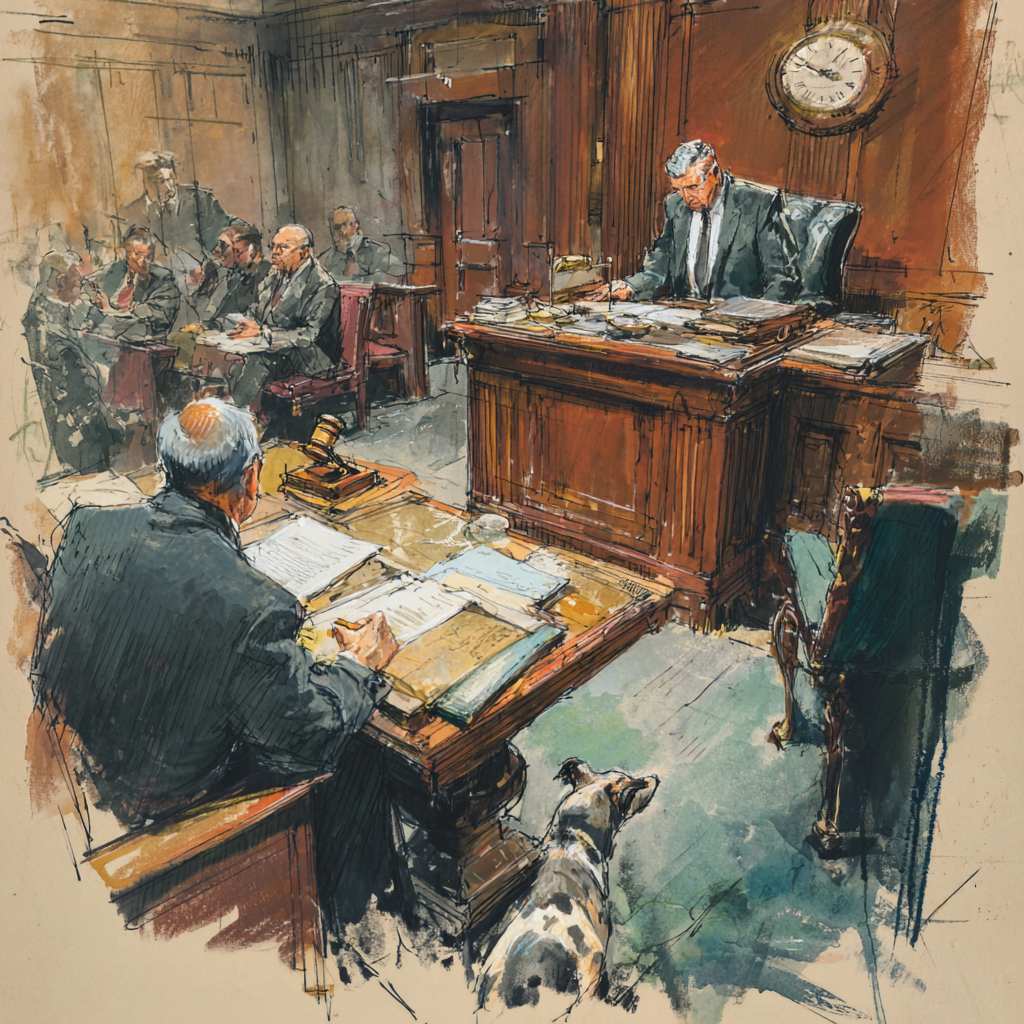There has been a dearth of no-fault news out in the most recent decision website. This is not to say that more earth shattering or technical challenges to either virgin or somewhat settled points of law are not on the horizon. I have first-hand knowledge in telling you that some interesting decisions will be coming down the pike in the next few months. I just hope they go my way.
With that introduction, there was a case that came from the District Court Nassau County that caught my attention. It makes me think that whatever prejudices or problems any of us might have had with insurance carriers at one point, there is much worse out there
Meet Judith Lawrence.
And lastly, next time you bash an insurance company, remember that trillions of dollars went to support, in part, institutions like the Petitioner below.
Deutsche Bank Natl. Trust Co. v Oliver
2009 NY Slip Op 29197 (Dis. Ct. Nassau Co. 2009)
In an era when tent cities and new Hoovervilles are rising from the ashes of a foreclosure crisis all across America (NY Times, 3/26/09, p.1), the petitioner, Deutsche Bank National Trust Co., asserts a direct legal challenge to the Court’s equitable authority to consider a request for “more time” by a family facing a post-foreclosure eviction. For the reasons stated hereinafter, the Court rejects the challenge, and reiterates that the Court retains the power and equitable discretion to consider claims of genuine hardship in the face of an imminent eviction.”
………………………………………………………………………………………………………………………………………..
“Respondent, Judith Lawrence, made a timely application to this Court for “more time” by filing her request for an Order to Show Cause on March 10, 2009. Her affidavit, on a form provided by the Court, appears to ask for nothing more than “more time.” Although the Court form includes broad, boilerplate language, respecting general requests for relief from a default, it also includes language through which the applicant may seek “such other and further relief as may be just and proper” as well as language providing that, “pending the determination of this motion that the . . .warrant of eviction be stayed.”
…………………………………………………………………………………………………………………
“Judith Lawrence’s moving affidavit presents an extremely compelling equitable case for “more time.” In simple, indeed moving terms, she states: “I need more time as my mom lives with me – she is 92 years. I am getting her in a nursing home and SS documents are delayed as she has dementia. I just need more time. Thank you.”
……………………………………………………………………………………………………………………………………………..
“According to petitioner, the “sole equitable relief” permitted on application of a holdover occupant after a judgment of possession “is the statutory authority to grant a stay of issuance or execution of a warrant of eviction for a period not greater than six months from the date of entry of judgment,” further conditioned upon payment “for the occupation of the premises for the period of the stay and such deposit shall also include all rent unpaid by the occupant prior to the period of the stay” (citing RPAPL §753). *3 Based on the provisions cited, petitioner contends that “the relief in the Order was beyond the jurisdiction of this Court to grant except upon condition of payment of $10,000.00 [for five months’ use and occupancy] to the Owner or into the Court.”
……………………………………………………………………………………………………………………………………………….
The Court must reject the petitioner’s contentions. CPLR 2201 broadly empowers the Court to grant a stay of proceedings “in a proper case, upon such terms as may be just.” The propriety of granting a stay in any given case is limited only by “the Court’s own sense of discretion, prudence and justice”
………………………………………………………………………………………………………………………………………………
“Considering Ms. Lawrence’s decades-long occupancy of the subject premises (dating back to 1990), the circumstances under which the premises were lost and then sold to petitioner for $500.00, respondent’s need to care for her 92 year old mother, her *4 mother’s dementia, the practical difficulties she has encountered arranging for nursing home care for her mother, and her apparently good-faith, honest request for “more time”, the Court believes it can properly afford respondent a reasonable amount of additional time to locate suitable accommodations for herself and her mother without violating petitioner’s rights or the Court’s oath of office“









